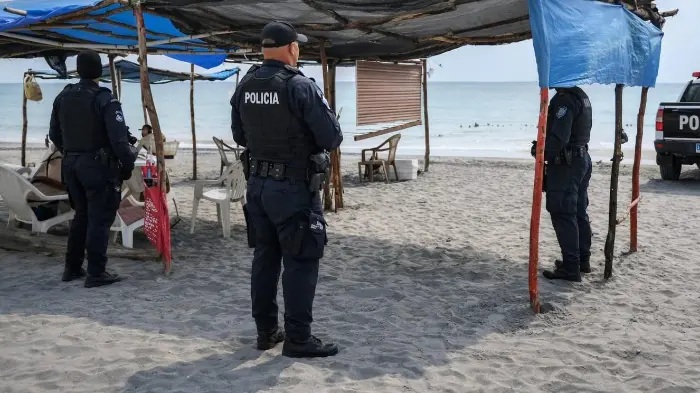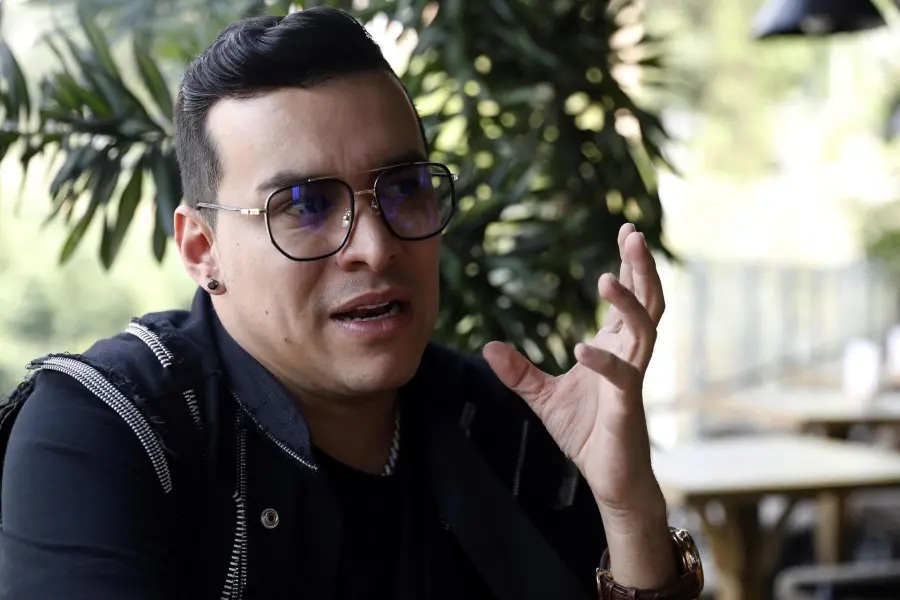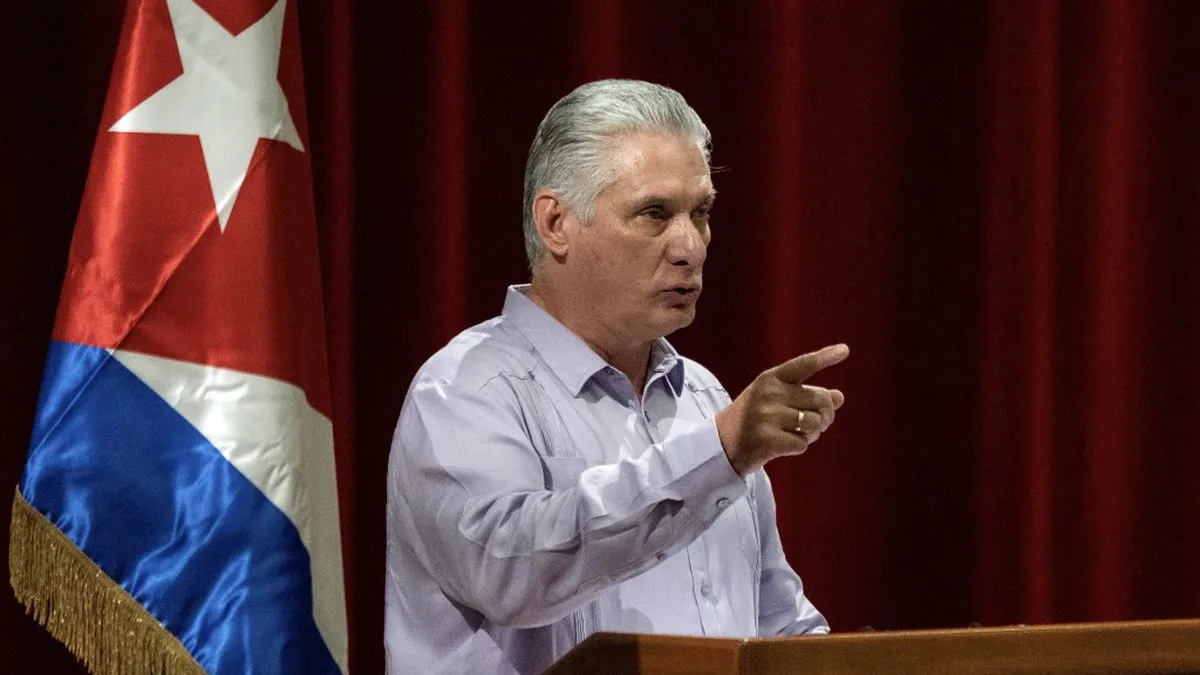OFF THE CUFF: Martinellis side steps criticized.

DOUBTS have been raised about the latest attempts by former President Ricardo Martinelli to avoid facing criminal trial for alleged involvement in the National Assistance Program (PAN) by blocking the Electoral Tribunal (TE) from suspending the immunity he has as president of the Democratic Change (CD) party.
His lawyers have filed an appeal of the TE decision based on the party’s approval of a timetable for internal elections, which will be in September. The appeal claims that this process has afforded the former president immunity from prosecution on corruption charges related to the National Assistance Program (PAN).
The timetable has been called into question, because the final approval needs to be made by the party’s leadership, and there may be difficulty obtaining a quorum.
In part, according to party sources, the difficulty lies in the distancing of the leadership of the CD with the Patriotic Union (UP), a party that merged with the CD and which also has officers within the board of directors for the party.
The CD had asked the Tribunal Electoral (TE) to exclude several directors from the UP, which was denied.
“They are having problems achieving quorum, and if they do not succeed, they cannot call an internal election,” said a source linked to the CD.
Board member Jorge Ricardo Fábrega, a member of the national directory from the UP, said that he has not been participating in meetings convened by the CD. He said did not attending a Sunday, April 26 meeting of the party faithful, reports La Prensa.
“They called me, but I have other commitments,” he said.
Former Supreme Court Justice Esmeralda Arosemena de Troitiño emphasizes that she sees no valid reason behind Martinelli’s attempts to stop the criminal process against him. She described the appeal as “a trick to create complexity in the process.”
Deputy Jorge Alberto Rosas said that electoral immunity applies only when there are general elections, and that it does not apply to internal party elections.
National Bar Association President José Alberto Álvarez was also critical of the strategy, saying the Supreme Court has a two-month deadline to complete its investigation.





